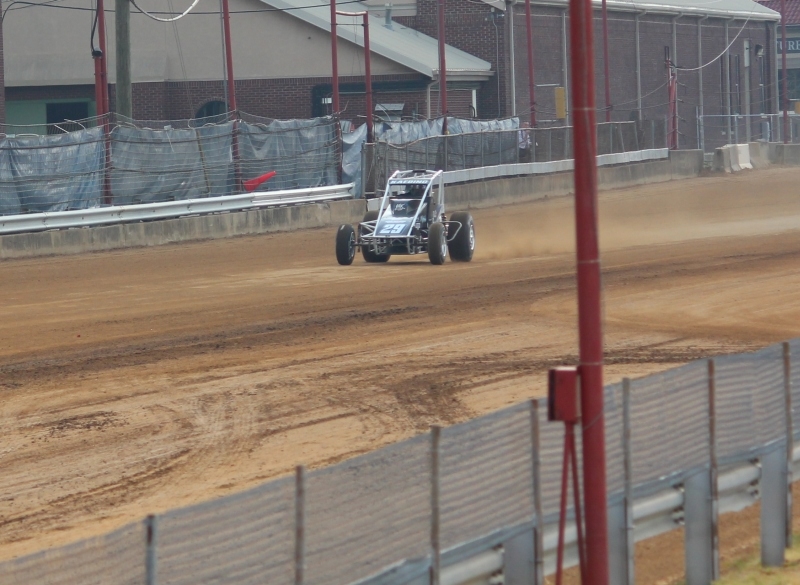USAC, IUPUI team up to catch cheaters
 |
| USAC clamping down |
The under-inflated football phenomenon — softer ball, better grip — is part of the auto racing industry, too.
Doctoring of tires with illegal substances to make the rubber softer gives tires a stronger grip, and better cling to the racetrack. And it leads to faster acceleration, smoother turns and quicker lap times.
But unlike footballs in the NFL, which can be measured by pounds per square inch of air pressure, detecting illicit chemicals used on race tires is virtually impossible.
So hard, in fact, that the United States Auto Club turned to a forensic scientist for help.
USAC — the sanctioning body for the National Sprint Car Series, National Midget Series, Quarter Midgets and more — gave a grant to the School of Science at IUPUI to help create a way to detect traces of illegal chemicals on tires.
On Monday, IUPUI revealed the results: a new technique for testing tires that uses forensic science similar to that used when arson investigators are looking to detect trace amounts of gasoline in fire debris.
"The products that people use on these tires are chemically very similar to fuel, like gas or lighter fluid; they are in a very similar family," said John Goodpaster, director of the Forensic Sciences Program and associate professor of chemistry at IUPUI, and the lead researcher on the study.
The new test, developed by Goodpaster and his team, uncovers even low levels of illicit chemicals, which would result in disqualification in most of the racing industry.
As part of the study, Goodpaster analyzed tires from the vehicles of first-, second- and third-place finishers of midget car races across the United States, provided by USAC. Approximately 15 percent tested positive for illicit chemical treatment.
And while the research was tested on midget car tires, the technique can be used on any tire — from NASCAR to IndyCar, Goodpaster said.
The same technique could also be used to evaluate race car fuel, motor oil, lubricants and cooling agents — all of which could be chemically altered to provide an unfair advantage to a vehicle.
IUPUI touted the results of the study as "groundbreaking" for the racing industry as a method to prevent cheating.
Goodpaster compared such tire altering to "doping by athletes in search of gold medals, lucrative contracts or other recognition."
"As in other sports, there is a temptation to bend the rules," Goodpaster said. "Motor sports administrative bodies are increasingly cracking down on abuse." Dana Hunsinger/Indy Star
